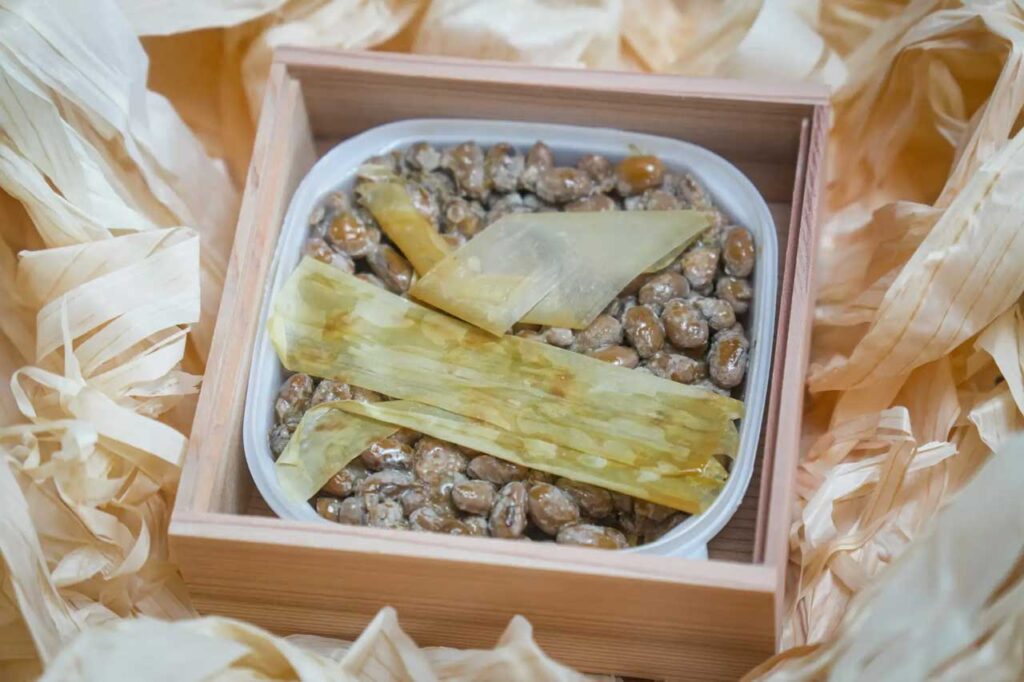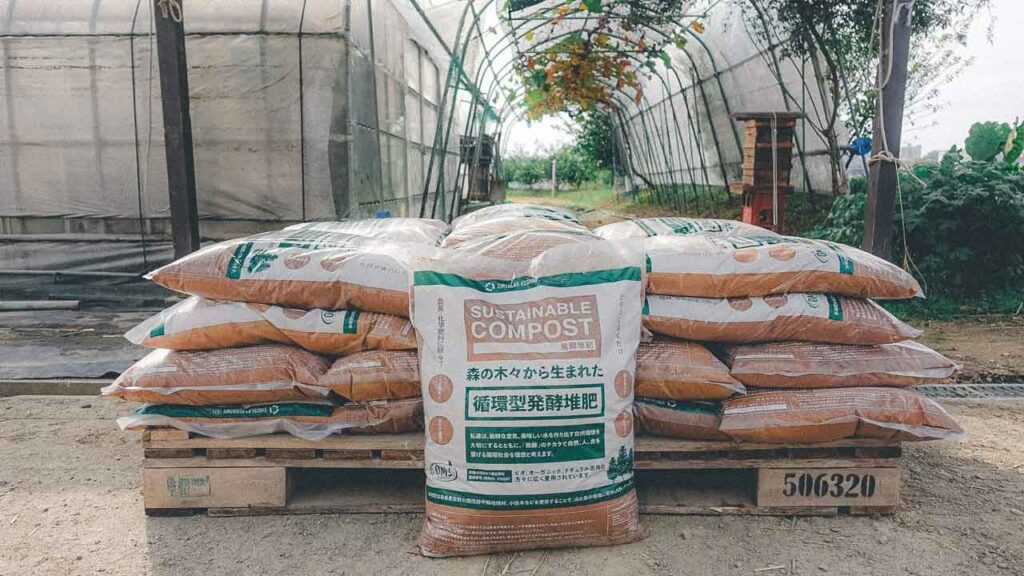Updated by "Forest Circular Economy" Editorial Board on July 11, 2025, 12:23 PM JST
Editorial Board, Forest Circular Economy
Forestcircularity-editor
We aim to realize "Vision 2050: Japan Shines, Forest Circular Economy" promoted by the Platinum Forest Industry Initiative. We will disseminate ideas and initiatives to promote biomass chemistry, realize woody and lumbery communities, and encourage innovation in the forestry industry in order to fully utilize forest resources to decarbonize the economy, strengthen economic security, and create local communities.
Flavor, which operates wooden bath facilities and other facilities, launched "En-natural Hinoki Natto," fermented exclusively with natural natto bacteria living in natural solid cypress, on July 10, "Natto Day. The company has achieved a food cycle by growing Japanese native soybeans in compost made from cypress powder used in the company's spa facilities and fermenting the soybeans with cypress-derived bacteria. According to the company, this is the world's first natto fermented solely with natural cypress natto bacteria.
The soybeans used as ingredients are "Mizukuguri," a native Japanese variety grown naturally at "Pony no Sato Farm" in Asuka Village, Nara Prefecture. For fertilizer, the company uses only "circulating fermented compost" made from cypress wood shavings from "Yoshino Chuo Lumber" used in the hot bath facility "Enfaku Hot Thermal Wood Bath(R)" operated by Flavor.

The company in charge of natto production is Rakuradasaka Natto Kobo in Osaka. Unlike conventional natto, which uses natto bacillus collected from rice straw, this product is fermented using only natural natto bacillus living in solid Yoshino cypress. The packaging is a cedar wooden box made by "Hakoya Tsunekichi," a company founded in 1868. This is not just a food product, but a product that crystallizes the craftsmanship and passion of artisans, the connection between people, and the idea of circulation.

The attempt to convert the cypress powder used at the wooden bathhouse into 100% vegetable compost for use in growing soybeans, vegetables, rice, and other products embodies the basic principle that "what is natural returns to the soil. This is not mere recycling, but shows the potential of a new recycling model that combines the blessings of Japan's forests and agriculture with traditional technology.